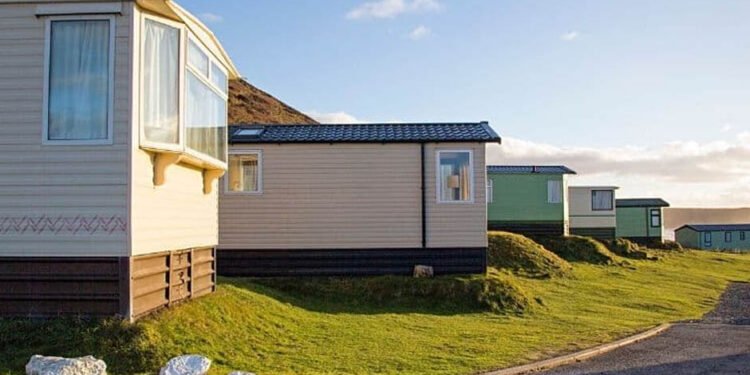Property ownership is one of the safest routes to growing one’s financial footprint, between the passive growth of property values in the long term and the earning potential of rental opportunities in the short term. But with the property market in turmoil, and many priced out of home ownership, the prospect of taking on a second home is a risk too great for many young entrepreneurs.
Enter the mobile home. Mobile and temporary accommodations have enjoyed a surge in demand recently, as a stopgap between more expensive living situations and, crucially, as the domestic holiday lets industry continues to grow. Starting a mobile home rental business is an accessible route into landlordism, but what should you know before you start?
Research Locations
The foundation of any successful business is robust research – and this is just as true for rental businesses as it is for businesses in other sectors. Even if an individual seeking to invest in a single rental opportunity, research is crucial to making that investment pay as well as it can. The principal focus for this research should relate to property values; in the regions at which you are looking, which areas have enjoyed the biggest rises in property value over the past few years? And which have seen property values stagnate or fall?
Not only should you be looking out for property values and market price movements in a given area, but also more holistic statistics that could indicate demand. For example, mobile or temporary homes are much less likely to experience demand in built-up areas than they are in rural areas or domestic holiday destinations – save for some unique situations in lower-income areas.
Get Insured
Starting a business of any kind is a matter of mitigating risk. The above market and geographic research mitigate risks associated with the initial purchasing of mobile properties and with regard to initial demand. Further risks emerge concerning the condition of each property, and tenants themselves.
Property damage can occur for several reasons, from weather events and general wear and tear to tenant negligence. Instances of damage are rarely predictable and can put a significant dent in your finances as a for-profit rental business. Landlord insurance is an important provision for reducing the impact of repair costs here, though different forms of insurance may need to be researched depending on the nature of the properties owned.
Prepare for Maintenance
Landlordism is by no means a passive stream of income. Even the letting of traditional brick-and-mortar properties brings with it a degree of active maintenance, from annual gas safety certification to regular inspections and responses to tenant issues. Maintaining mobile properties is, if anything, a much more hands-on experience, and one which should be accounted – and budgeted – for accordingly.
The nature of your maintenance schedule will depend greatly on the specific nature of your business. Many mobile home landlords lean into the holiday lets market, where tenancies are short-term and turnarounds tight. Someone would need to be on-call throughout each tenancy for emergency repairs, and someone would need to visit the property for inspection and cleaning between tenancies, on top of legal health and safety obligations.












